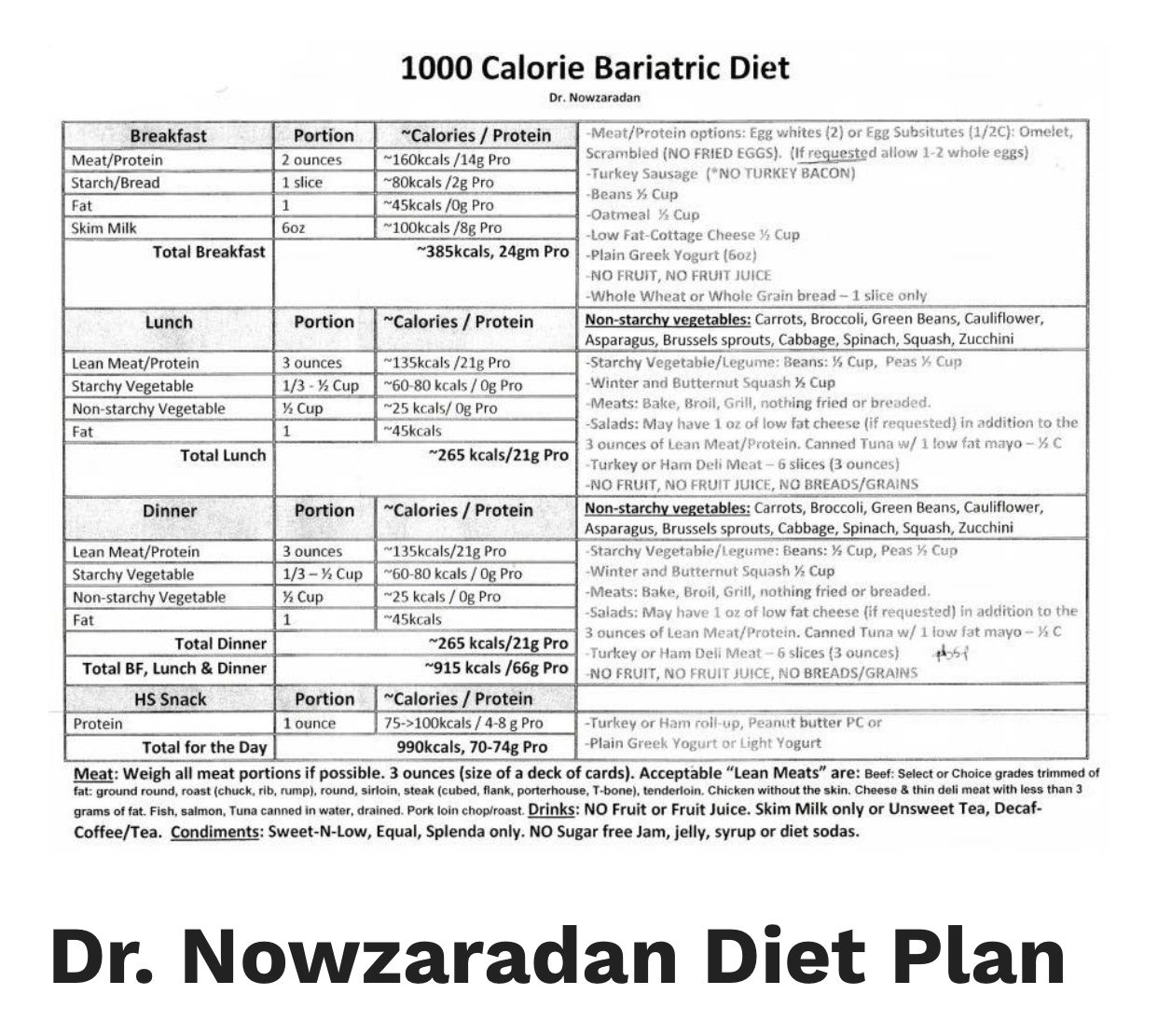Essential Guide to Bariatric Pre Op Diet for Success in 2025

Essential Guide to Bariatric Pre Op Diet for Success in 2025
Embarking on the journey of weight loss surgery is a significant step toward a healthier life. Among the critical factors influencing the success of bariatric procedures is the bariatric pre op diet, which sets the foundation for effective transformation. This diet focuses on preoperative weight loss through essential dietary changes that facilitate surgical outcomes and ensure patient readiness.
Implementing a calorie restriction plan and adopting healthy eating habits are paramount. Emphasizing protein-rich foods, meal replacement shakes, balanced nutrition, and hydration protocols will not only aid in weight loss but also enhance nutrient absorption during and after surgery. Moreover, engaging with a bariatric nutritionist consultation and utilizing tools like food diaries can provide the necessary support and structure to achieve weight loss goals.
This article will explore the various facets of the pre-operative diet, including dietary recommendations, portion control strategies, and psychological support. We will also share practical meal planning tips to navigate the dietary transition smoothly.
By the end of this guide, readers will understand how to optimize their pre-surgery lifestyle, manage emotional eating, and set themselves up for long-term success in their weight loss journey.
Cultivating Healthy Eating Habits for Preoperative Success
Building upon the understanding of the importance of the bariatric pre op diet, let’s explore how to cultivate healthy eating habits that will serve as the backbone for your transformation journey. Pre-surgery, it’s crucial to shift focus from immediate satisfaction to long-term nutritional health.
Integrating Protein-Rich Foods into Your Diet
Protein intake is a key component of the bariatric pre op diet. Incorporating high-protein meals can facilitate muscle retention during weight loss. Consider adding lean meats, fish, eggs, tofu, and low-fat dairy into your meal planning. These foods not only aid in muscle preservation but also contribute to satiety, helping manage hunger.
In addition to whole foods, meal replacement shakes are an efficient method to maintain proper protein levels while controlling caloric intake. Ensure that your shakes are low in sugars and carbohydrates, and high in essential nutrients to align with your nutritional needs.
Implementing a Calorie Restriction Plan
Establishing a sensible calorie restriction plan involves tracking your daily caloric intake and making conscious choices about food portions. Aim to reduce caloric consumption gradually before your surgery date to allow your body to adjust to these changes. Utilizing food tracking apps can simplify this process and empower you to make informed food choices.
For optimal results, couple calorie restriction with increased physical activity. Engage in regular exercise tailored to your physical abilities to further enhance weight loss and improve overall health status.
Hydration Protocols for Optimal Health
Staying hydrated is vital, especially as you prepare for surgery. Developing strategies for hydration can help meet your preoperative goals. Aim to drink at least 64 ounces of water daily, and consider incorporating low-calorie hydration solutions like herbal teas or infused waters to keep it interesting.
It’s essential to time your fluid intake effectively around meals, as drinking too close to mealtime can impact digestion and nutrient absorption. Ideally, allow at least 30 minutes between drinking and eating.
Mastering Portion Control Strategies
With a comprehensive understanding of the nutritional foundation, we can move to effective portion control strategies that are paramount in preparing for bariatric surgery. Mastering the art of portion control will not only help with weight loss but also ease the transition into post-surgery eating habits.
Understanding Portion-Sized Meals
Adjusting to portion-sized meals can significantly impact your pre-op journey. Using smaller plates and measuring food servings can help visually alter your perception of portions. It’s a valuable practice that will carry forward into your post-surgery life.
Experiment with different cooking techniques to create satisfying meals that are visually appealing and balanced. Moreover, incorporating low-calorie snacks can help satisfy cravings and maintain energy between meals. Options like fresh fruits, cut vegetables, and nuts offer nutritional value without excessive calories.
Tracking Food Choices with a Food Diary
Engaging in food journaling serves multiple purposes in your weight loss journey. Not only does it provide a record of food consumption, but it also sheds light on emotional eating patterns. Regularly logging meals can enhance accountability and highlight areas needing improvement.
Incorporate both pre-planned meals and spontaneous food choices into your food diary. This will enable a comprehensive overview of your eating behaviors, making it easier to identify triggers and develop healthier coping strategies going forward.
Psychological Support and Emotional Eating Management
Now that we’ve addressed the nutritional aspects, it’s crucial to consider the psychological factors involved in bariatric surgery preparation. Emotional support can play a pivotal role in achieving pre-op weight loss success.
Engaging in Support Groups
Finding a supportive community is vital for emotional well-being. Connecting with emotional support groups or individuals undergoing similar experiences can provide encouragement and accountability. Sharing success stories, challenges, and strategies can also foster a sense of camaraderie that enhances motivation.
Moreover, consider participating in pre-surgery consultations with mental health professionals who can provide tailored advice for managing emotional eating and developing coping strategies. This dual approach of nutritional and psychological support can significantly boost your success rate.
Mindfulness Eating Practices
Mindfulness practices can also aid in addressing emotional eating. Engaging fully with your meals—taking time to savor flavors and practicing gratitude for the nourishment you receive—can shift your eating habits from mindless consumption to intentional nourishment.
Incorporate breathing exercises or meditation into your routine to reduce stress and promote emotional resilience. This not only aids in managing cravings but can facilitate a more positive outlook during your weight loss journey.
Post-Op Expectations and Nutritional Transition
As you move closer to your surgery, understanding post-op expectations regarding diet and recovery is essential. The transition from a pre-op diet to a post-surgical nutritional plan requires careful consideration and adherence.
Navigating the Transition to Solid Foods
After surgery, your body goes through various adjustments that necessitate a gradual approach to solid foods. Initially, focus on liquids and progress through pureed foods before finally settling into solid meals. Consulting with a dietitian can provide guidance on food texture progression, ensuring that your dietary choices align with your body’s evolving needs.
During this period, pay special attention to bariatric vitamins and nutritional supplementation. Post-surgery, the body's ability to absorb nutrients can be diminished, making it crucial to meet vitamin and mineral requirements through supplementation.
Incorporating Healthy Cooking Techniques
As you adapt to your new eating habits, explore healthy cooking techniques that align with your dietary goals. Focus on low-calorie cooking methods, such as steaming, grilling, or baking, that retain nutritional integrity while reducing unnecessary fats and sugars.
Utilize meal planning software to streamline the process and ensure you have access to bariatric-friendly recipes that support your new lifestyle. This can save time and prevent impulsive, unhealthy choices.
Conclusion: Preparing for Lifelong Changes
Successfully navigating the bariatric pre op diet sets the stage for long-term success in your weight loss journey. By integrating nutritious foods, mastering portion control, and establishing a robust support system, you are positioning yourself for effective surgery and sustainable results.
Create a personalized journey toward healthy living through careful planning, support, and education. Embrace these lifestyle changes, and remember that your efforts in the present will lead to a healthier, happier future.

